A good set of headphones is just as crucial for the earphone enthusiast as a nice pair of shoes.
The user's primary purpose is more crucial when choosing between wired and wireless earphone options. Because they prioritize a comfortable fit and robust designs, wireless earphones are perfect for people who lead active lifestyles. Traditional earphones, however, are the greatest option if high-fidelity music is more important than anything else while working or studying.
Let's go over 5 instances in which wired earphones were preferable to using wireless ones.
1. Batteries & Charge Time
We are all aware that wired earphones can work constantly for as long as needed because they supply their own power through the cord. We will eventually need to charge the device or replace its batteries because wireless headsets have a limited service life.
This may or may not be a huge issue, depending on how long the headset will be used constantly. The service life of a headset can be a very important factor, especially if you intend to use it for long durations, such as during a webinar or online lectures.
2. Interference
Our wireless headphones and other wireless items are more responsive to electronic interference. Signal traffic and building infrastructure are the main causes of this interference. For wireless devices, interference can be caused by a building's design, placement of large ductwork, furniture, and metal objects, as well as other factors. The traffic that results from many wireless signals being transmitted adjacent to one another can impair audio quality, cause interference, and even completely cut off transmission.
Many devices, such as headsets, our colleague's mobile phone, wireless Internet routers, and almost any other radio frequency broadcasting device, transmit these wireless signals. Small amounts of crosstalk between the devices, which results in interference and other problems, can be experienced if any of the wireless headsets are using the same frequency.
Additionally, none of these interference problems exist with wired earphones because they are connected directly to a computer.
3. Cost
Spending extra money on wifi may not be a good idea unless mobility is really necessary in a time when every cent saved is a penny earned that can be directed elsewhere in the budget.
4. Blessing In Disguise
Wired headphones are undoubtedly our favorite, and not only because they used to be included with the majority of smartphones. A million times over, though, they prevented our electronics from accidentally slipping from our hands and crashing to the ground. The 3.5 mm jack's ability to accommodate earphones actually saved the devices.
5.Last But Not The Least, Sound Quality
Bluetooth uses the SBC audio codec by default to compress song data before streaming it wirelessly. Using the same SBC audio codec, the wireless audio device then decompresses the data. This technique may cause distortions and leave behind certain unusual sounds in the audio that resemble buzzes. However, this has varied with the most recent Bluetooth 5 update and might alter in the future with advancements in battery development and Bluetooth technology.
Summary
Therefore, as wireless technology advances take over, demand for these tiny pieces of art is rising quickly. But whether it's wired or wireless, all a music lover needs is crystal-clear sound and a comfortable fit for extended periods of listening.

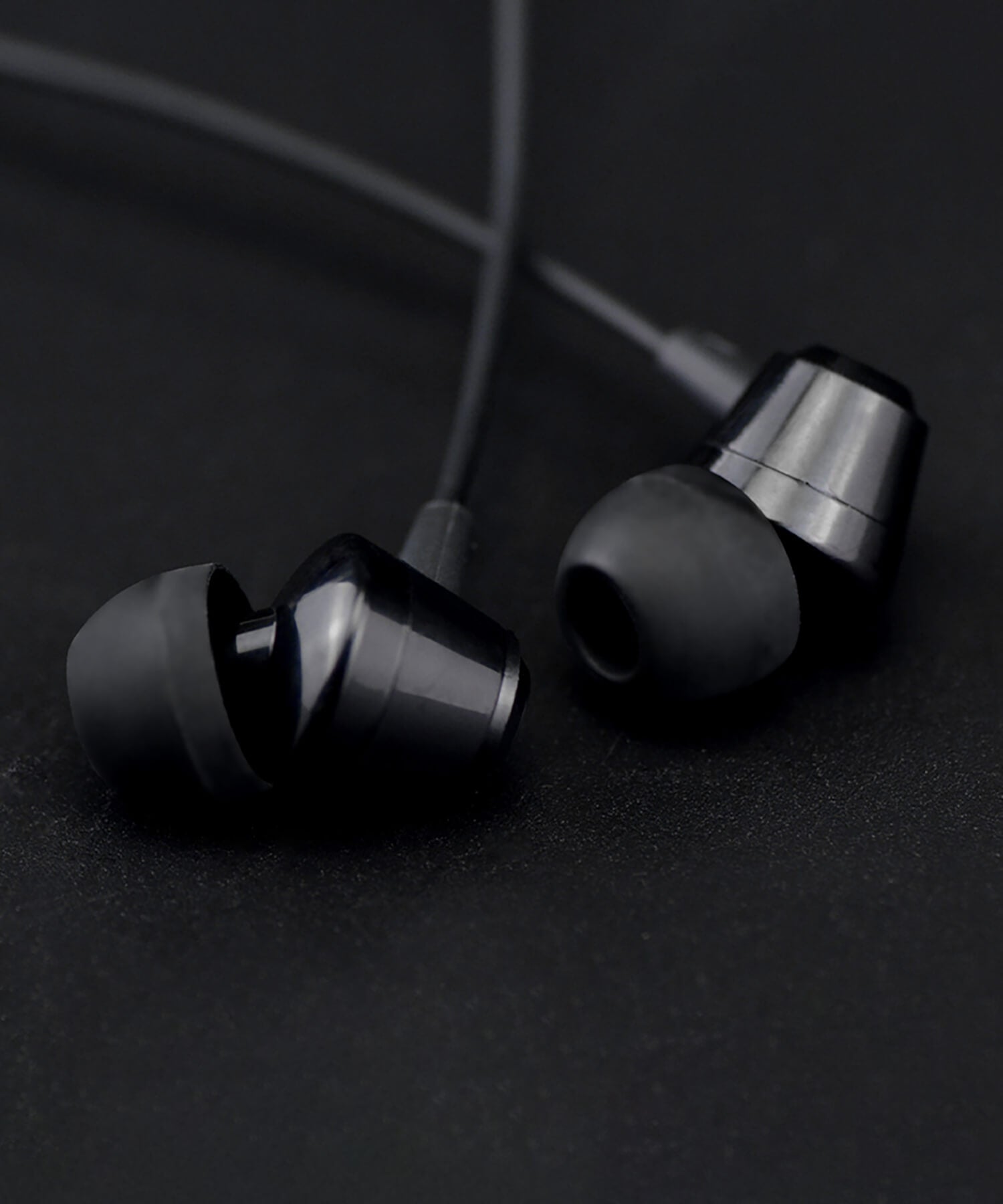


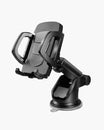
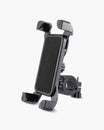
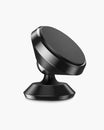
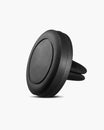
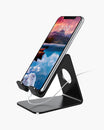
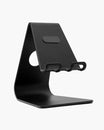
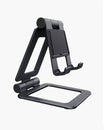
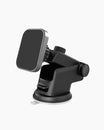
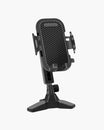



Leave a comment
All comments are moderated before being published.
This site is protected by reCAPTCHA and the Google Privacy Policy and Terms of Service apply.